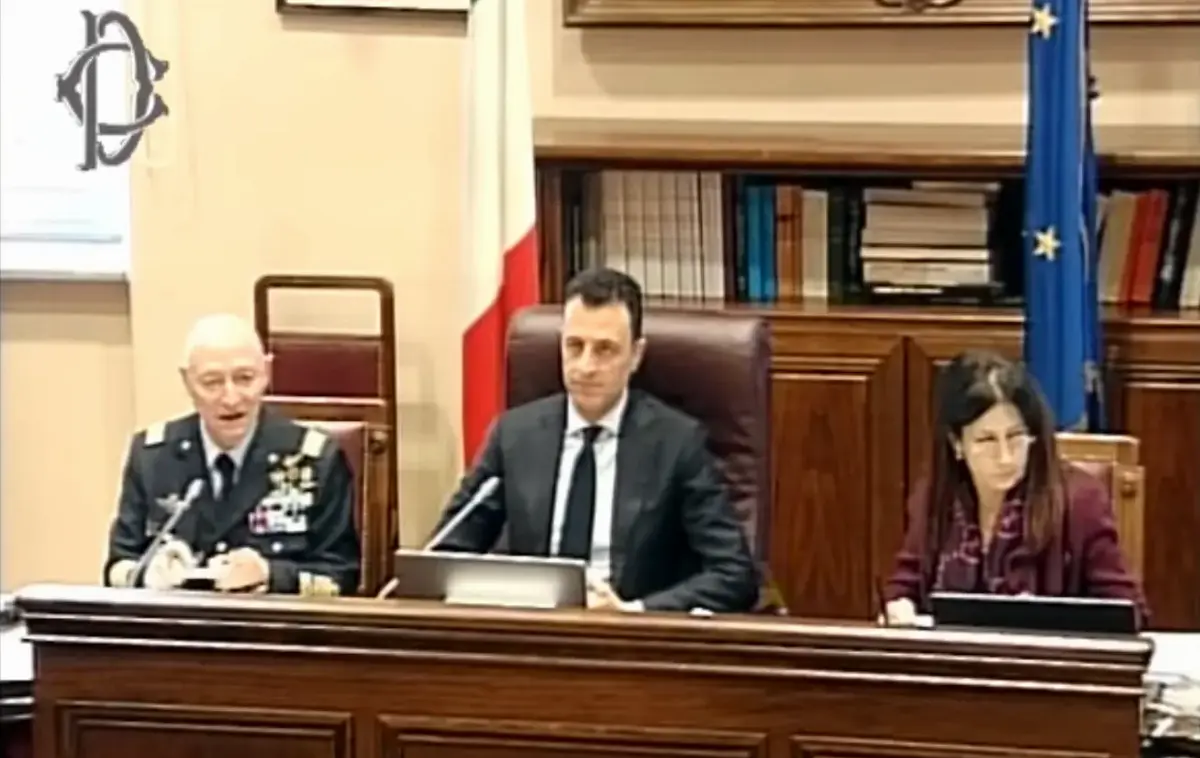
Do you want to access to this and other private contents?
Log in if you are a subscriber or click here to request service
Hearing Goretti, head of Italian Air Force: Gcap aircraft perspectives
"An opportunity for our universities and industry to compete and grow"

The Chief of Staff of the Italian Air Force (AMI), Luca Goretti, was heard today in the Defense Committee of the Chamber of Deputies. Many topics were addressed: the need for greater economic investments to modernize fleets and guarantee training, the research-industry axis on technology in the defense sector, the development of the sixth generation Global Combat Air Program (Gcap) aircraft, with Japan...
Gic - 1249971
AVIONEWS - World Aeronautical Press Agency
AVIONEWS - World Aeronautical Press Agency